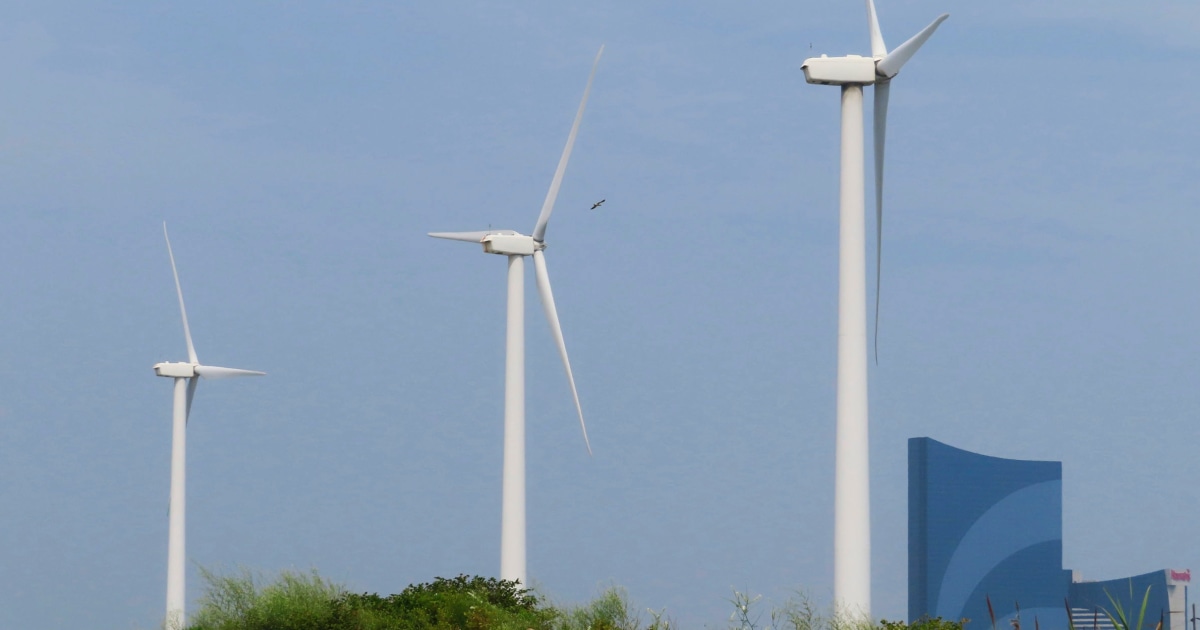
ATLANTIC CITY, N.J. — Wind energy developer Orsted is writing off $4 billion, due largely to the cancellation of two large offshore wind projects in New Jersey whose financial challenges mirror those facing the nascent industry.
It added fresh uncertainty to an industry seen by supporters as a way to help end the burning of planet-warming fossil fuels, but derided by opponents as inherently unworkable without massive financial subsidies.
The Danish company said Tuesday night it is scrapping its Ocean Wind I and II projects off the coast of southern New Jersey due to problems with supply chains, higher interest rates, and a failure to obtain the amount of tax credits the company wanted.
“These are obviously some very tough decisions,” Mads Nipper, Orsted’s CEO, said on an earnings conference call Wednesday.
He said the company, the world’s largest offshore wind developer, decided “to de-risk the most painful part of our portfolio, and that is the U.S.”
That statement went straight to the heart about concerns over the financial viability of the offshore wind industry in the northeastern U.S., which is in its infancy but has extensive plans from New England to the Carolinas.
Some projects already have been canceled, and many offshore wind developers are seeking better terms from governments with whom they have already contracted. New York rejected such a request two weeks ago.
New Jersey approved a tax break for Orsted in July, letting it keep federal tax credits that otherwise would have gone to ratepayers.
“While periodic local opposition in the U.S. made some headlines, these projects ultimately come down to economics, so higher costs and lower power prices are working against offshore wind,” said Louis Knight, an analyst at Third Bridge, a research firm advising private equity and other businesses. “Higher interest rates are adding to financing costs for these projects. There are other, cheaper ways to develop power in the U.S., most notably with solar and natural gas.”
But the main appeal of offshore wind for supporters, including environmentalists, many state governments and the Biden administration is precisely that it is not a fossil fuel business. The hottest Northern Hemisphere summer ever measured hit this year, according to the World Meteorological Organization and the European climate service Copernicus.
“The urgency to transition to clean, renewable energy is an irreversible reality,” read a statement signed Wednesday by nearly 40 environmental, labor and community groups from New Jersey who support offshore wind, including the state’s chapter of the Sierra Club. “In a world of warming temperatures and extreme weather in likely the hottest year on record, maintaining the status quo of fossil fuel generation is not an option as the cost of climate inaction is undeniably high.”
Orsted’s stock price was down over 26% at midday Wednesday. The company said it hopes to re-use some supplies it has already purchased, such as cable and steel, on other projects.
Power generated from the Orsted projects was intended to come ashore and connect with the electrical grid at the site of a former coal-fired power plant that was blown up last week.
Source: | This article originally belongs to Nbcnews.com










